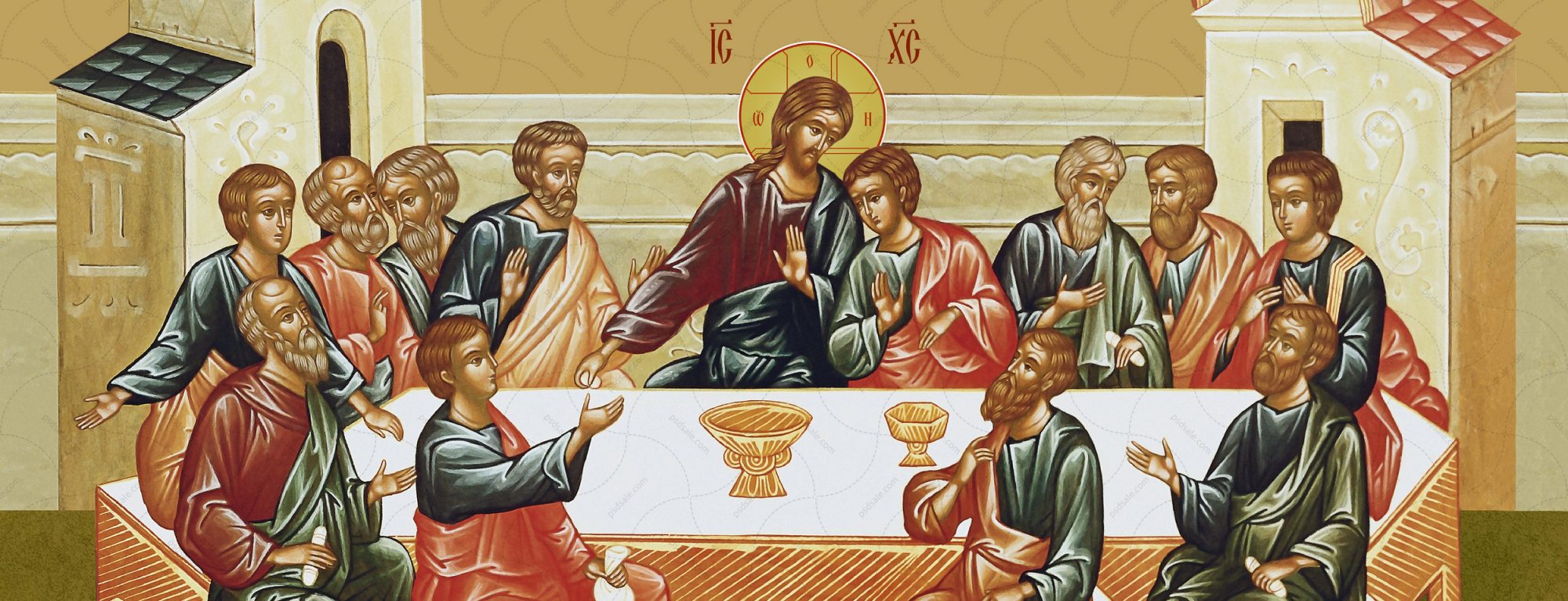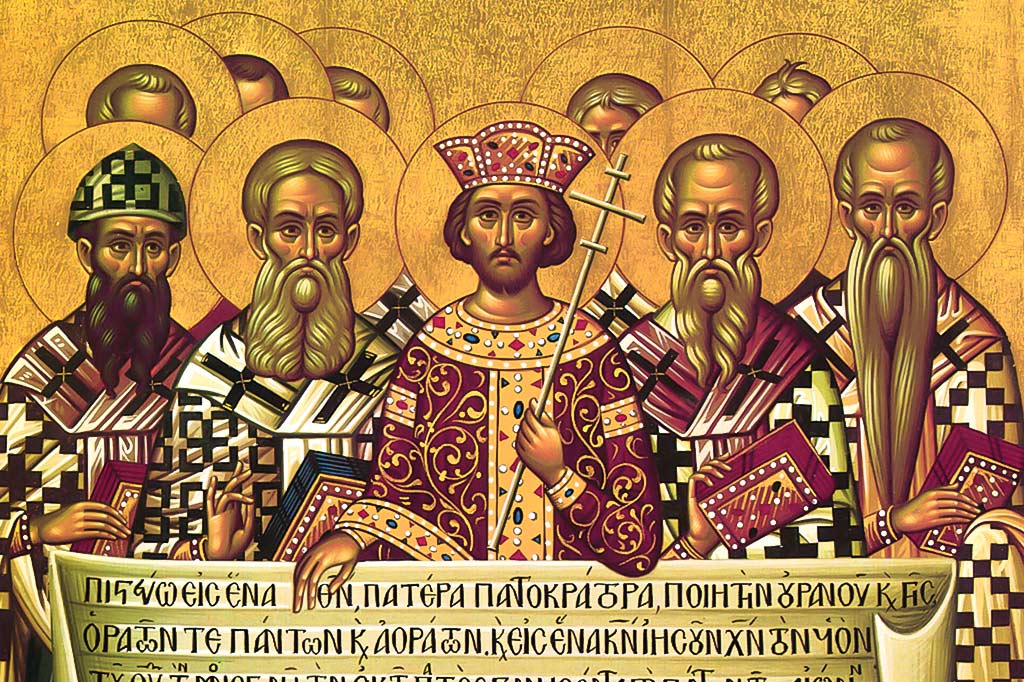Predstavujeme cirkevných otcov: Justín
Život: Najvýznamnejší grécky apologéta v 2. storočí sa narodil v Sicheme v pohanskej rodine. Sklamaný rôznymi filozofickými smermi konvertoval na kresťanstvo, ovplyvnený, aspoň čiastočne, hrdinstvom kresťanov zoči-voči mučeníckej smrti. Po svojej konverzii putoval ako kazateľ do rozličných miest a napokon sa usadil v Ríme, kde zomrel sťatý v roku 165 spolu s ďalšími šiestimi kresťanmi.
Diela: Hoci bol veľmi plodným autorom, zachovali sa len dve Apológie a Dialóg so židom Tryfónom.
Teológia: V kristologickej oblasti je Justín silne presvedčený, že Kristus je Boh a preto si zasluhuje adoráciu, hoci niektorí učenci (J. Quasten) si myslia, že Justín inklinoval k subordinacionizmu.
Vo filozofickej oblasti Justín podporuje tvrdenie evanjelistu Jána o Logu (gr. logos – slovo), ktorý osvecuje všetky ľudské bytosti (Jn 1,9), a tým sa snaží, ako prvý v cirkevných dejinách, natiahnuť most k filozofii.
V mariologickej oblasti bol Justín prvým kresťanským autorom, ktorý načrtol paralelizmus Eva-Mária, podobný biblickému paralelizmu Adam-Kristus (Dialóg, C).
Vo sviatostnej oblasti Justín poznal len krst dospelých – pravdepodobne ponorením –, ktorému predchádzalo katechetické poučenie (Apológia, I, LXI). Eucharistia pre Justína je telom a krvou samotného vteleného Ježiša. Vďaka eucharistickej modlitbe sa chlieb a víno premieňajú na Kristovo telo a krv (Apológia, I, LXV-VI). Eucharistia sa slávi v nedeľu, keďže kresťanovi nie je dovolené zachovávať sobotu. Diskutuje sa, či Justín považoval Eucharistiu za obetu. Odpoveď môže byť kladná len v symbolickom zmysle. Justín – a tento aspekt preberá zo židovskej spirituality – považuje za obetu modlitby a vzdávanie vďaky ľudí (Dialóg, CXVII, 2). V tomto zmysle by sa zdalo, že Justín považoval Eucharistiu za obetu, čo je veľmi podobné, ak nie totožné s predstavou, ktorá sa objavuje v Didache.
V eschatologickej oblasti je Justín milenarista, hoci uznáva, že nie všetci jeho spoluveriaci zdieľajú tento názor (Dialóg, LXXX). Verí v peklo ako miesto večného trestu pre démonov a odsúdených (Dialóg, V, 80). Čo sa týka démonov, poukázal na to, že ich hriechom bolo udržiavanie pohlavných stykov so ženami (Apológia, II, 5), čo je ozvenou starozákonnej knihy Genezis 6. Démoni majú moc zvádzať ľudské bytosti, ale je isté, že meno Ježiš má dostatočnú moc na to, aby si ich podrobilo (Dialóg, XXX, 3).
Zdroj: C. V. MANZANARES: Dizionario sintetico di patristica 1991. Z taliančiny preložil o. Ján Krupa
Cirkevný otec Augustín: „Smrť nie je nič…“Predstavujeme cirkevných otcov: Ignác Antiochijský

